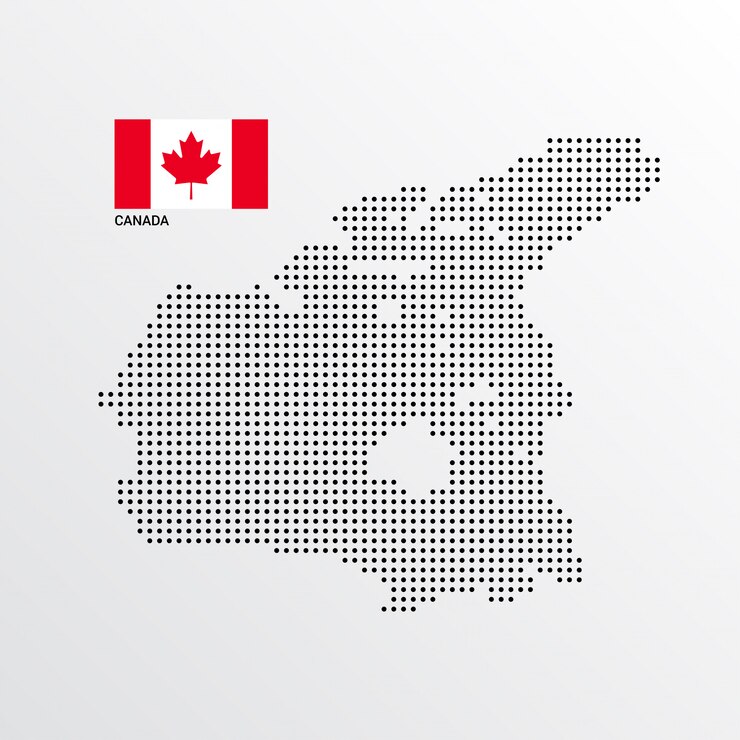In 2024, Canada introduced new regulations for international students wanting to pursue higher education in the country. These changes include the need for a Provincial Attestation Letter (PAL) for students applying for study permits in most provinces and territories.
Here’s an in-depth look at the latest updates surrounding PALs and how they affect international students aiming to study in Canada.
Understanding the Provincial Attestation Letter (PAL)
The PAL is a new requirement by Immigration, Refugees, and Citizenship Canada (IRCC) for international students applying for study permits. It serves as a confirmation that the student’s acceptance at a Designated Learning Institution (DLI) aligns with the allocated provincial cap on international students for 2024.
Canada’s study cap for 2024 is set at 360,000 approved study permits, and this number is distributed across different provinces and territories according to their population and needs. This allocation ensures that the acceptance of international students remains balanced across regions.
Who Requires a PAL?
International students need a PAL if they are applying for:
- Most post-secondary programs such as undergraduate degrees, certificates, and diplomas.
- Non-degree granting graduate programs such as certificates and graduate diplomas.
However, there are some exceptions to this rule. PALs are not required by:
- Primary and secondary school students.
- Master’s or doctoral degree students.
- Visiting or exchange students already in Canada.
- Current study permit and work permit holders in Canada.
- Family members of existing study permit or work permit holders in Canada.
- Students with pre-approved study permits who are about to commence their programs.
How to Obtain a PAL
To acquire a PAL, international students must first receive a Letter of Acceptance (LOA) from their chosen DLI and confirm their acceptance, often by paying a deposit. The specifics of the deposit vary by institution, so students should inquire directly with their chosen schools.
Once accepted, DLIs apply for a PAL from the provincial government on the student’s behalf. Upon receiving the PAL, the school will provide the document to the student, who can use it to apply for their study permit along with their LOA and other necessary documents.
Provincial PAL Distribution
Each province and territory has different procedures for issuing PALs and has received its own allocation of study permits. Below is an overview of the situation in some provinces:
- Ontario: Ontario began issuing PALs on March 28th, 2024. The province received an allocation of 235,000 study permits, mostly for public post-secondary institutions.
- Quebec: Quebec’s Certificat d’Acceptation du Quebec (CAQ) can serve as a PAL if it contains the line confirming the student’s place in Quebec’s share of the allocation.
- British Columbia: As of March 4th, 2024, British Columbia started issuing PALs and received an allocation of 83,000 study permits.
- Alberta: Alberta began issuing PALs on March 1st, 2024, and was allocated 40,894 study permits.
- Other Provinces: Manitoba, Nova Scotia, Saskatchewan, New Brunswick, Newfoundland and Labrador, and Prince Edward Island have all started issuing PALs to international students, with varying allocations based on their population sizes.
In summary, international students looking to study in Canada should work closely with their chosen DLIs and respective provincial governments to understand the specifics of obtaining a PAL and applying for a study permit. These new regulations aim to manage the distribution of international students across Canada efficiently while ensuring a fair and equitable experience for all.
Finally, to stay updated with the latest developments and receive expert advice on studying in Canada or obtaining a tourist visa, we encourage you to connect with us on our Facebook page. By following us, you’ll receive timely updates, helpful tips, and valuable insights to support your journey towards studying or visiting Canada.
For personalized assistance and free expert advice, don’t hesitate to reach out to us through our contact page. Our team of experienced professionals is here to guide you through the process, answer your questions, and ensure a smooth and successful experience.
Thank you for choosing us as your trusted source of information and support on your path to Canada! We look forward to connecting with you and assisting you every step of the way.
For more info visit the official IRCC website.
Alos read : Navigating the Canadian Study Permit Process: What You Need to Know
- Why Canada’s 32% Drop in Study Permits for Indian Students in 2024 Could Affect Your Future Plans
- Canada Launches Rural and Francophone Community Immigration Pilots: A New Era for Skilled Immigrants
- Canada Expands Post-Graduation Work Permit (PGWP) Eligibility: A Gateway to Endless Opportunities for Indian Students
- Canada Takes Action to Combat Fraud in the Express Entry System
- Canada Announces Big Changes to Express Entry Immigration System: What It Means for Indian Aspirants


